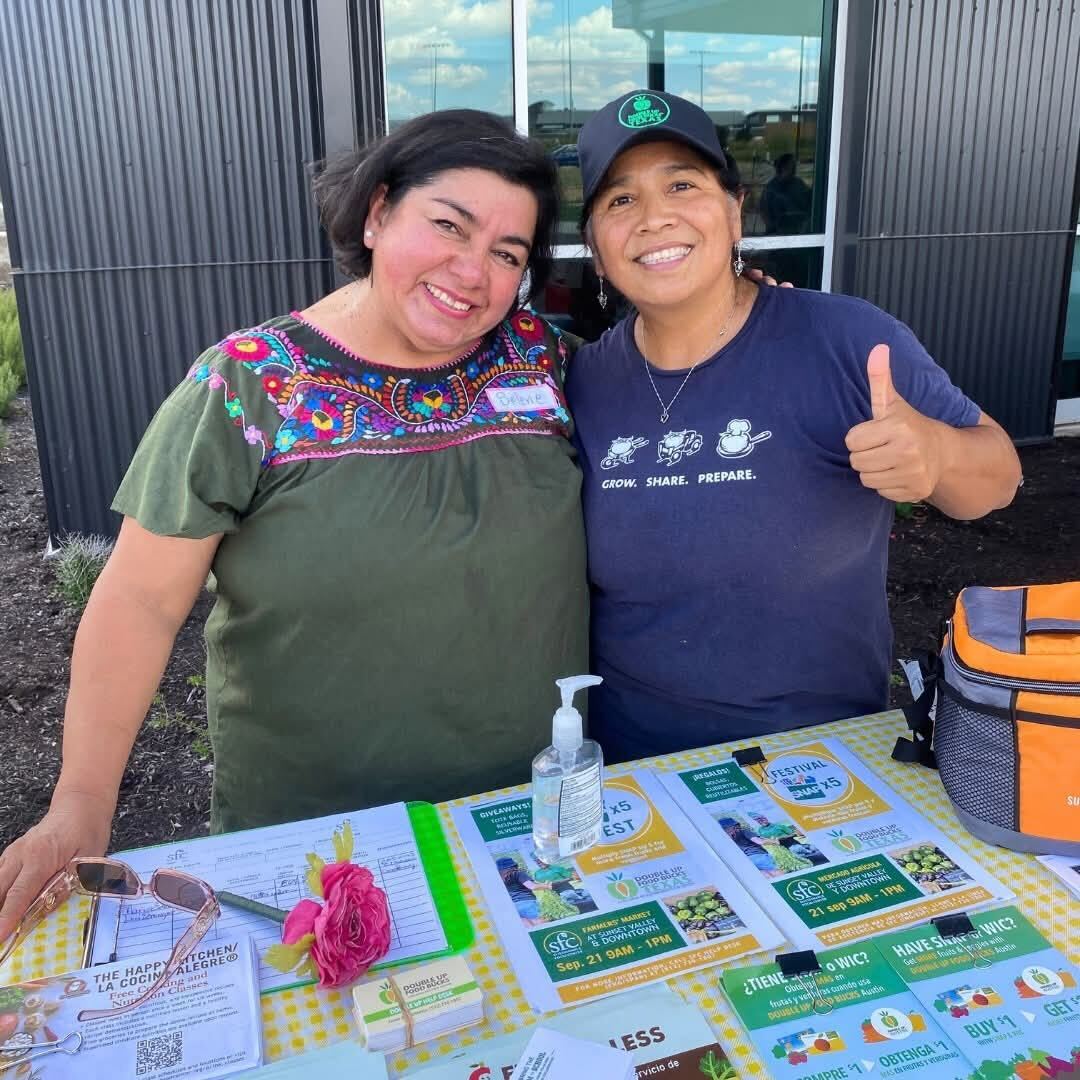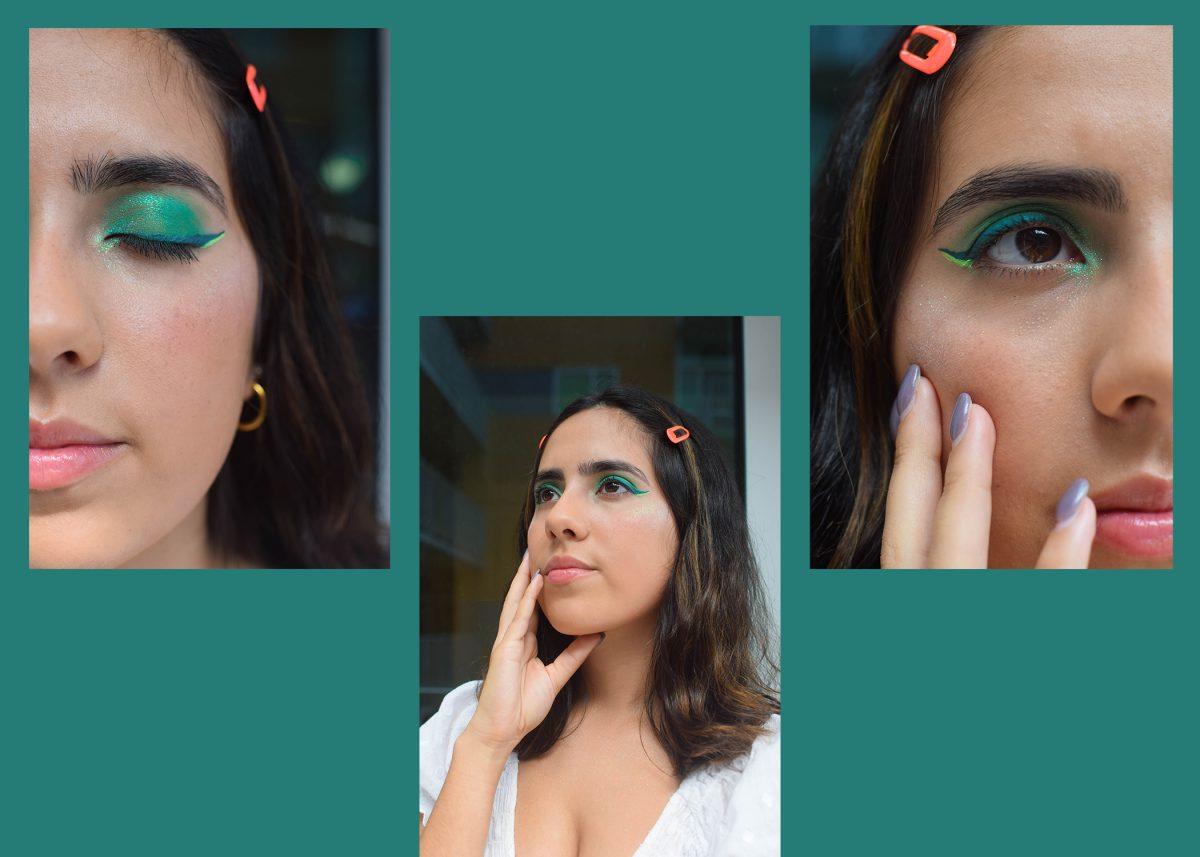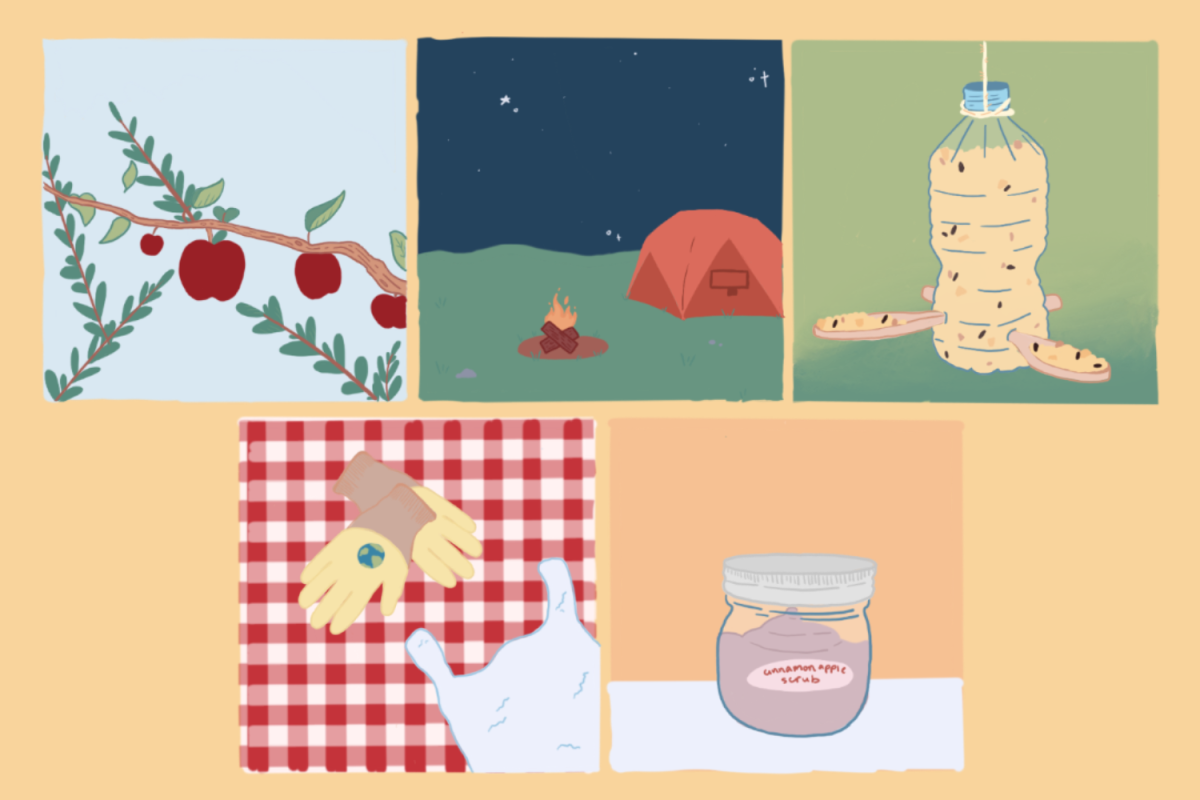At first glance, it seems as though it’s the end of December in Bob McGarey’s makeshift home-office in south Austin. Christmas decorations adorn the windows, walls and mantle place on this cold and rainy afternoon. A fully decorated tree sits cheerfully in the corner of the would-be formal sitting room, the presents long since opened from under its skirted trunk.
Among the tinsel-draped walls and Christmas-themed ringing telephone, McGarey, 60, sits comfortably, his legs crossed underneath a throw blanket printed with bald eagles, sipping out of a 52-ounce Texas-size travel mug.On the surface, McGarey and his home are reminiscent of a Norman Rockwell-like American spirit. His lifestyle, however, is anything but traditional.
Propped up in the center of the mantle place behind the wooden knick-knack decorations is a plaque that reads, “You have nothing to hide, nothing to prove and no self image to maintain.” These inspiring words seemingly act as a friendly reminder to the Phoenix transplant and his three girlfriends, or as he likes to call them, “sweeties.”
McGarey is polyamorous, a lifestyle that embraces the potential of cultivating intimate and committed relationships with more than one person. He and his three sweeties enjoy open relationships where exploring more than one love interest is not only accepted, but encouraged by each other. His partner of four years, Carol, is even legally married outside their relationship. His other partners, Pam and Lita*, are also open to pursue other relationships outside of their more than decade-long commitments with McGarey.
Polyamory should not be mistaken for polygamy, which is most easily defined as plural marriage between one man and more than one woman. While this practice is traditionally found among members of the Fundamentalist Church of Jesus Christ of Latter-Day Saints led by convicted felon Warren Jeffs, reality shows like TLC’s Sister Wives suggest that other silent communities exist. Polyamory, McGarey believes, is primarily that sexual and relational exclusivity is not necessary for a consensual, deeply committed and loving partnership.
Having only been openly polyamorous for around 26 years, McGarey jokes that he first realized his potential to love more than one person after a conversation with a family friend about his second grade class. “He asked me if I had a girlfriend, and of course I responded, ‘Yes, I have 15 of them,’” McGarey laughs. “It just made perfect sense to me. Little did they know that this presaged something for the future.”
However, with the term polyamory officially un-coined until the early 1990s, McGarey had a rough time finding where he fit in. When studying for his undergraduate degree at New College in Sarasota, Fla. and his master’s in humanistic and transpersonal psychology at Johnston College in Redlands, Calif., McGarey had a hard time forming stable relationships with a non-existent poly community and intolerant partners.
“Having my [monogamous] girlfriends diagnose me as pathological and provide arguments to show me how what I wanted was not as good as a monogamous relationship was hard on my soul,” McGarey says. What they often misunderstood, says McGarey, is that “un-exclusive doesn’t have to mean uncommitted.”
After a few unsatisfying years working for a computer firm back east, McGarey noticed a black cloud start to loom over his now organic spirit. “I felt like I was dying of thirst for meaning and importance. It was a very emotionally stressful time for me.”
Seeking deeper connections, a better career and the ability to make a difference in the world, McGarey began to wonder why he couldn’t find a place that gave him that sense of meaning. “And then I thought, ‘Why can’t I make a place?’” McGarey says.
At this moment, the idea for The Human Potential Center, a non-profit organization focused on promoting emotional and spiritual wellness, was conceived.
McGarey, the center’s founder, executive director and on-site resident, moved to Austin in the winter of 1985 following a nighttime dream he had destining the Texas capitol as the starting grounds for his project. The following spring, McGarey opened The Human Potential Center, which recently celebrated its 26th anniversary. “The inspiration for the center was really the motivation to create more of a sense of an emotionally healthy community,” McGarey says. His mission statement: helping people find who they are and how to become more of it.
The Center offers a variety of events to its members, including one-on-one personal growth sessions, themed movie nights, meditation workshops, massage therapy and potluck dinners. McGarey recalled a particularly moving memory he had from a recent outing hosted for poly individuals, where they asked everyone to map their intertwining relationships on a large sheet of butcher paper. “It looked like spaghetti all over the page, but then you realize that, in most cases, these are all loving, honest and committed relationships,” McGarey says. “And to me, that’s beautiful.”
When it comes to people misunderstanding the mission and goal of polyamorous lifestyles, McGarey claims to have heard it all. “They think we’re all sex-crazed,” he says. “I’ve also heard people say, ‘If you’re going to have a relationship with another woman, at least have the decency to lie to your wife.'”
This justification by many makes McGarey question why we live in a world that condones deception while at the same time makes polys feel ridiculed for openly caring for and loving multiple partners. “It does a certain damage to your soul that’s unnecessary, and that upsets me,” McGarey says.
Part of the reason McGarey says he finds poly relationships so much more rewarding than others is the openness of love within the relationship among all partners, a term he refers to as “compersion.”
“I get to see the people I feel love toward, showing affection and love toward each other,” McGarey says when explaining the friendly, although platonic, relationship between his sweeties. “And to me, that’s the best part about polyamory.”
Although the poly lifestyle comes relatively easily to McGarey, “coming out” to his family was no walk in the park. McGarey’s mother, 91, a holistic medicine practitioner in Phoenix who grew up in India with medical Presbyterian missionaries is supportive but still uncomfortable with her son’s choice. “’Till death do her part just seems to be right for her. So in that respect, it’s still a little hard for her to understand my lifestyle,” McGarey says.
And although McGarey’s mother is not the first to question his lifestyle, he tends to find comfort in the idea that everyone is entitled to everything they want out of life. “I get it. Something about [poly] is primally revolting to many people,” McGarey says. “So, if you think monogamy is right for you, I think monogamy is right for you. I just happen to think polyamory is right for me.”
And McGarey isn’t alone. With some polls estimating one million Americans embracing polyamory, it’s not surprising to McGarey that Austin has a fairly active and growing community. Queer comedian Margaret Cho and billionaire Warren Buffett have even admitted to embracing a polyamorous lifestyle. And the media is not blind to its growing notability. This July Showtime greenlit a new reality series, Polyamory: Married and Dating, featuring a provocative look into the loving, committed relationships involving more than two people. And according to a Fox survey last month, 40 percent of those surveyed admitted to being open to trying a polyamorous relationship in the future.
This past January, it was even reported by ex-wife Marianne Gingrich on ABC Nightline that former GOP presidential candidate Newt Gingrich had expressed his desire for an “open marriage” at one point in their relationship.
Perhaps the status quo is evolving, but despite a growing media presence, polyamory is still relatively misunderstood and misrepresented.
“There’s something about the nature of poly that for many people is at some primal and visceral level unsettling. So I think if we can change that mindset, then polyamory would become more accepted,” McGarey says.
While socially progressive cities, like San Paolo, Brazil, have begun recognizing civil unions among triads; others, such as Saudi Arabia and Indonesia, have outlawed this lifestyle, deeming it, in some cases, punishable by death.
“I support people having their own love-style—whatever is right for them, be it monogamy, polyamory or something in-between” he says. “I just hope that one day they, too, can respect me for what makes me happy.”
*name altered to protect subject’s privacy












































PolyamoryNetwork.com (@PolyamoryNet) • Apr 18, 2014 at 1:51 pm
I saw a documentary about polyamory in the US, and I was fascinated with the whole idea, so I created a social network for polyamorous people. It was launched Sunday the 13th of April, at http://www.polyamorynetwork.com
Keith • Jan 29, 2014 at 9:43 am
It is a very sick world we live in, in which people think that it’s perfectly normal to be jealous and do an about-turn from loving someone and end up hating and wanting to do them harm when they discover that their lover or spouse has other love interests. This is a sign of immaturity and inferiority. They are terrified that their partner will leave them because they think that they are unable to hold the other person’s affection.Your job is to keep your partner happy and if your partner finds some of that happiness in the arms of someone besides you, why should you stand in the way? The same applies in reverse, of course: if you can find some of your happiness with someone else, why should you be deprived of doing so?
It has nothing to do with inadequacy: you are not lacking in anything if your partner has other loves, because we humans have an amazing capacity to give and receive love. We can love more than one person with the same fervour at the same time and it is only when you come to terms with this fact that you will realise your full potential … and permit your partner to achieve theirs.
Monogamy, in the western world, began to be enforced by the Catholic Church, along with many other controls: in the Old Testament men had many wives and concubines, while the poor women were stuck with whatever they could get.
Monogamy is not a natural human trait, in fact it is very rare among all mammals.
http://healthland.time.com/2013/07/30/the-reason-for-monogamy-researchers-disagree/
rohan7things • Nov 10, 2012 at 7:42 pm
Excellent article! It should not be anyone’s business what kind of relationship configuration consenting adults choose to adopt. We are allowed to love more than one sibling, more than one parent, more than one pet, or pair of shoes, or type of food, so why would it be so strange that some people love more than one partner? And why is it fine to have as many consecutive monogamous relationships as you like, but it’s the end of the world if you have two or more relationships at the same time?
People need to ask themselves these questions before they judge a different way of doing things. If everyone knows what’s going on and is happy about it, where is the problem? Who is the injured party? Once again great post, thanks for sharing 🙂